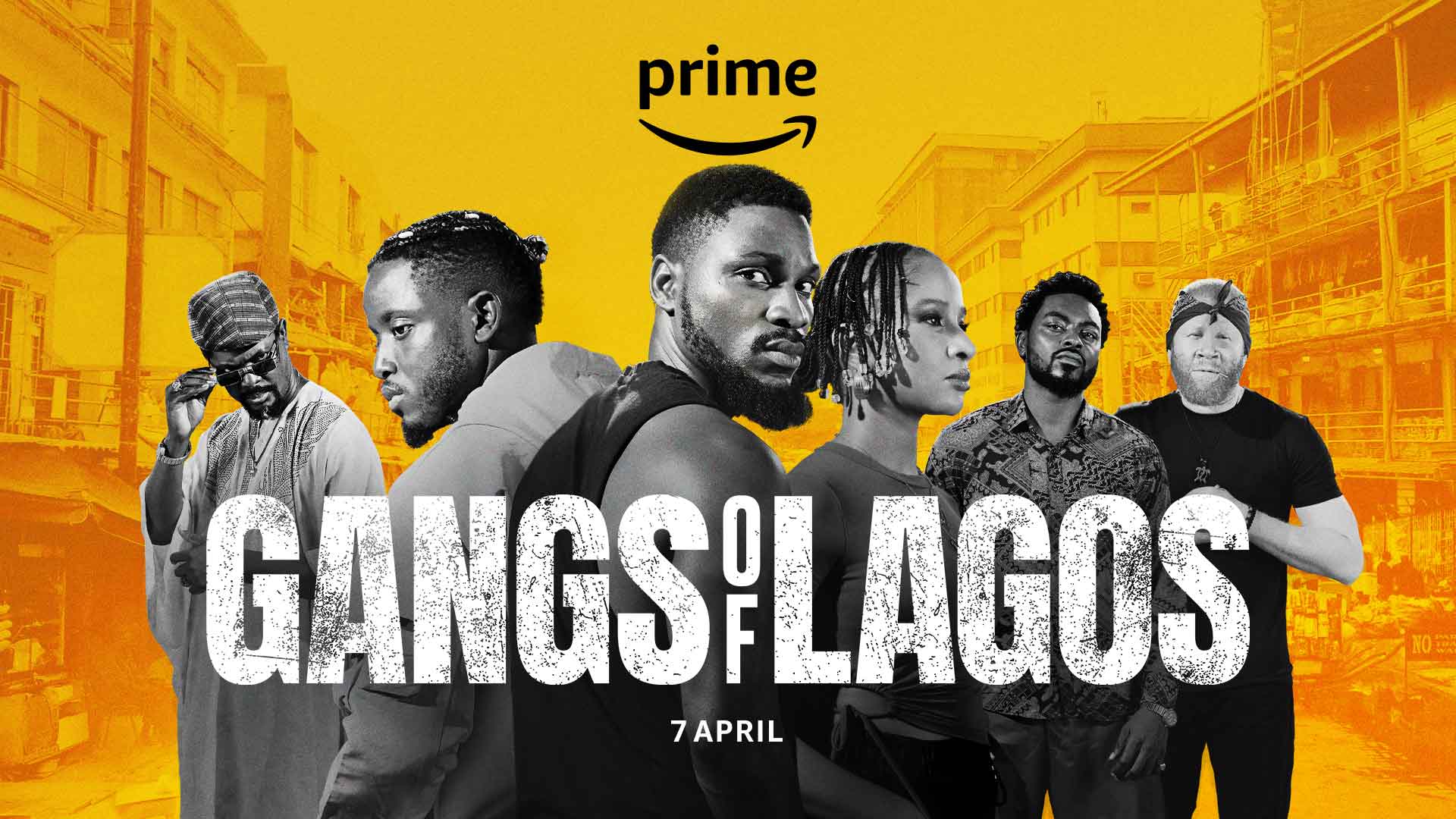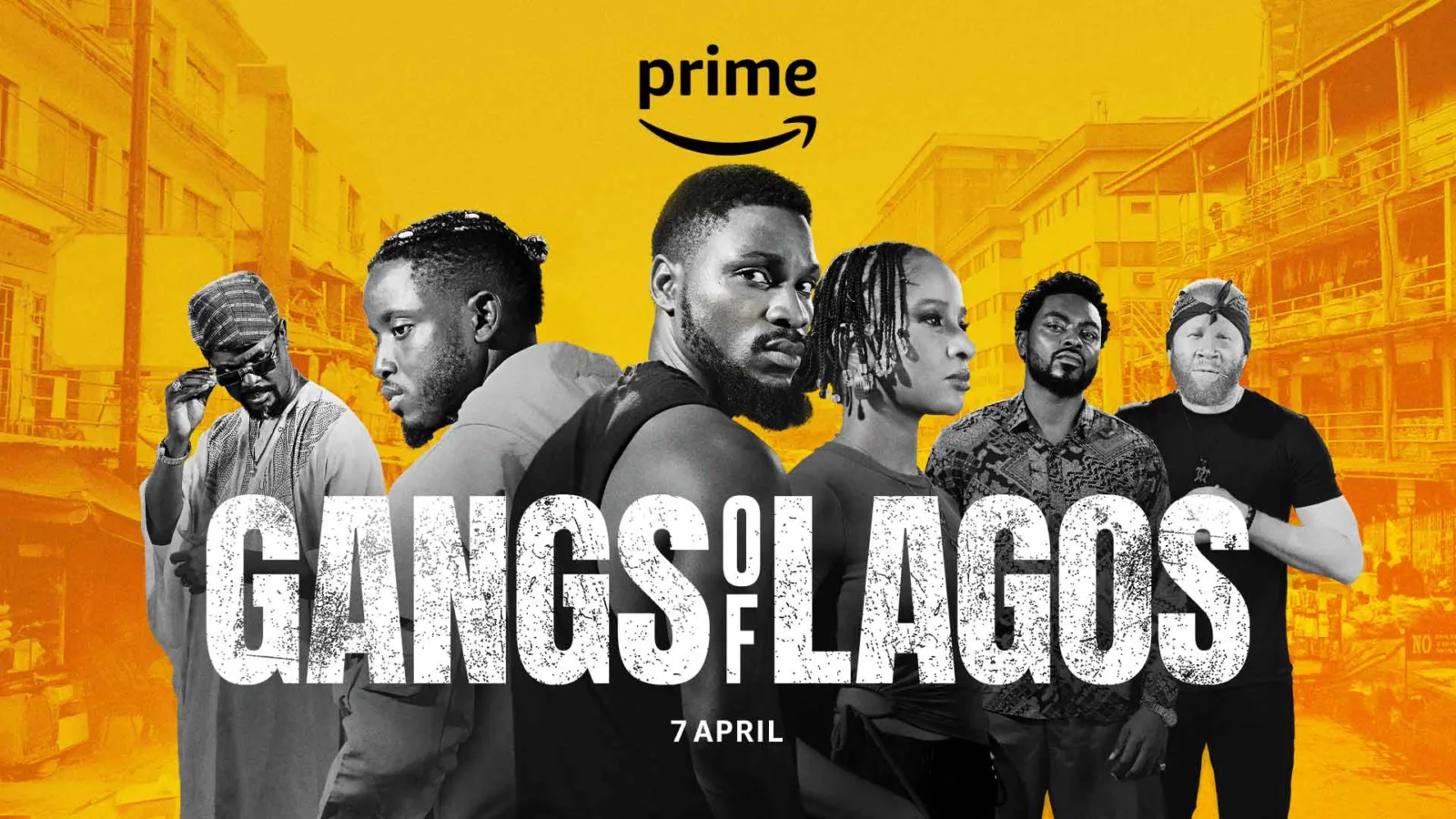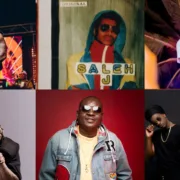From the terms contained in the settlement agreement, the producers of the film are required to jointly issue a letter recognising that Gangs of Lagos “erroneously portrayed and disparaged the cultural heritage of the well-respected Eyo Masquerade
By Vivian Nneka Nwajiaku
When Jade Osiberu’s Gangs of Lagos was released in April of 2023, it immediately garnered a lot of attention. And rightly so. It was not the first film to explore the criminal underbelly of Lagos, but it took a lot of interesting creative liberties and had a particular community, Isale Eko, as its setting.
As Seyi Lasisi described it in his review for Afrocritik, Gangs of Lagos “is a cinematic exploration of our lives as Nigerians. It spotlights the damage Nigerian societies and Nigerians are compelled to witness when the government is apathetic to developing and solving social issues”.
Films that do this, one would expect, should be encouraged. But not everyone agreed. The how, especially, came under scrutiny, most notably from the Lagos State Government and the Isale Eko Descendants Union.

Eventually, the Isale Eko Descendants Union, the Bajulaiye of Lagos, and the Sasore of Lagos, as applicants, filed an action at the Lagos State High Court, TBS, against twelve defendants, including Amazon Web Services Nigeria Limited, Greoh Limited, the Lagos State Film and Video Censors Board, and the Attorney General of Lagos State. Nearly two years after the film, a decision has been reached by the Court following a settlement between the parties.
Afrocritik has obtained a Certified True Copy of the Terms of Settlement filed between the parties and dated 20th February, 2025, which was adopted by the Court as a consent judgment. From the terms contained in the settlement agreement, the producers of the film are required to jointly issue a letter recognising that Gangs of Lagos “erroneously portrayed and disparaged the cultural heritage of the well-respected Eyo Masquerade and the peace-loving nature and the long-standing traditions of the Isale-Eko People” as well as to tender an unreserved apology to the applicants.
Likewise, Amazon Web Services Nigeria Limited is to issue a similar letter on its letterhead and also tender an unreserved apology in the said letter.
It is important to bear in mind that the decision of the Court was a consent judgment. That means all parties reached a settlement that was then presented to the court to be adopted as judgment. So, essentially, this was not an independent ruling or an imposition on the parties. It was willingly entered into by all the parties, with Amazon and Greoh Studios expressly agreeing to the terms.






Naturally, one may wonder why the film’s producers would choose to admit to a misrepresentation and agree to tender an apology for a work of fiction, rather than defend themselves and let the chips fall where they may. Our guess is that it is possibly a commercial decision.
If the Court had reached an independent judgment in favour of the Isale-Eko Descendants Unions, admitting fault and rendering an apology would have been the least of the producers’ problems. After all, it has been nearly two years since Gangs of Lagos started streaming on Prime.
The film has made its mark, making it to Prime Video’s global non-English most watched list upon its release. The comments and reviews are plastered all over the internet. Most of what could be gained from the film has likely already been gained.
But if all of the claims of the applicants had, perchance, been granted by the Court, the implications would have been dire. The Isale Eko Descendants Union and its accompanying claimants had sought a revocation of Greoh Studios’ licence, seizure of the proceeds made from the exploitation and streaming of Gangs of Lagos, and a hefty fine in the sum of ten billion naira, as per the claims.
Given the options, the choice seems abundantly clear. This settlement brings this matter to a conclusive end, and as it has been adopted by the Court, it has the full effect of an order of the Court. The applicants can no longer prosecute any action against the producers with respect to Gangs of Lagos’ portrayal of the Isale Eko community or any issue arising out of or connected with this particular lawsuit.
And yet, the entire situation raises questions about the extent of artistic freedom and freedom of expression in Nigeria as it pertains to filmmaking.

It is true that fiction can cross the line and that films contribute to narratives about people and their culture. How Nollywood portrays communities, especially vulnerable groups, does matter. It is necessary to critique and raise concerns over art that could inform prejudicial stereotypes against a class of people. And it is well within the rights of the people affected by such portrayals to seek to protect the way they are represented. But at what point does assertion of one’s rights become censorship?
Artistic freedom is extremely important, especially in an industry like Nollywood which is struggling against all odds to thrive. Artistic freedom allows for innovation and creativity. And as human rights activist Irene Khan put it: “If we stifle creativity, we are, of course, violating the rights of artists. But we are also depriving ourselves of diversity, of new ways of looking at things, of new ways of learning”.
* Update
On the 14th of March, 2025, we published a report stating that the public viewing and streaming of “Gangs of Lagos” had been prohibited by the Court in line with the settlement between the parties. The report was based on information from sources that we believed to be credible at the time. Having obtained a certified copy of the settlement, it is now clear that the information earlier reported was inaccurate. We have taken down the earlier report and the facts stated above represent the true position as contained in the terms of settlement which we obtained from the Court itself.




